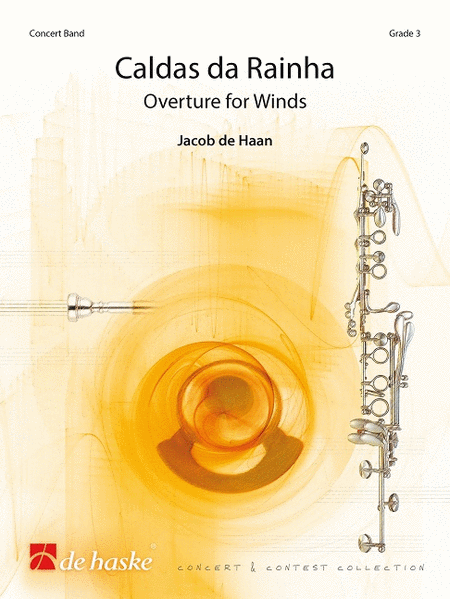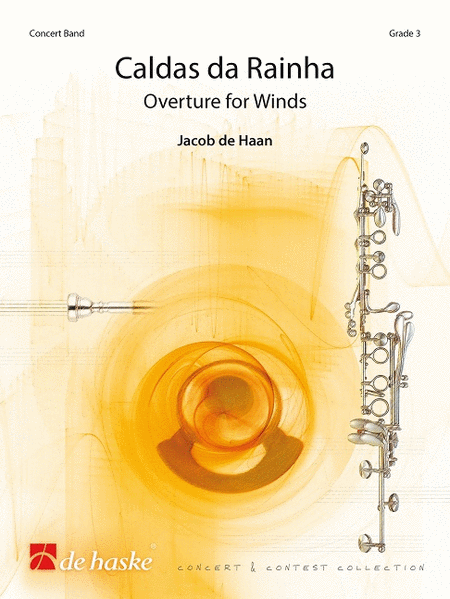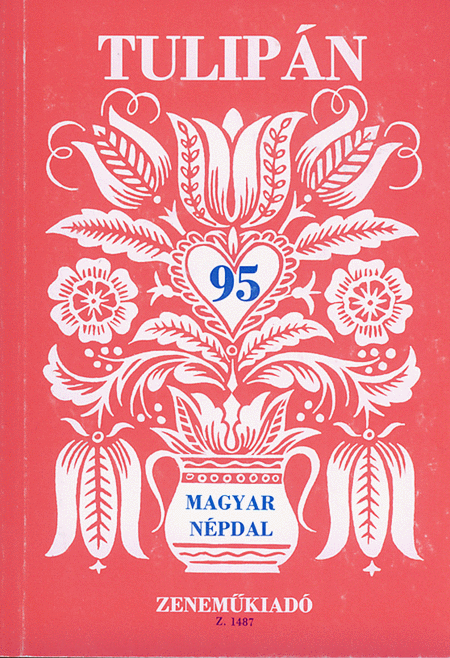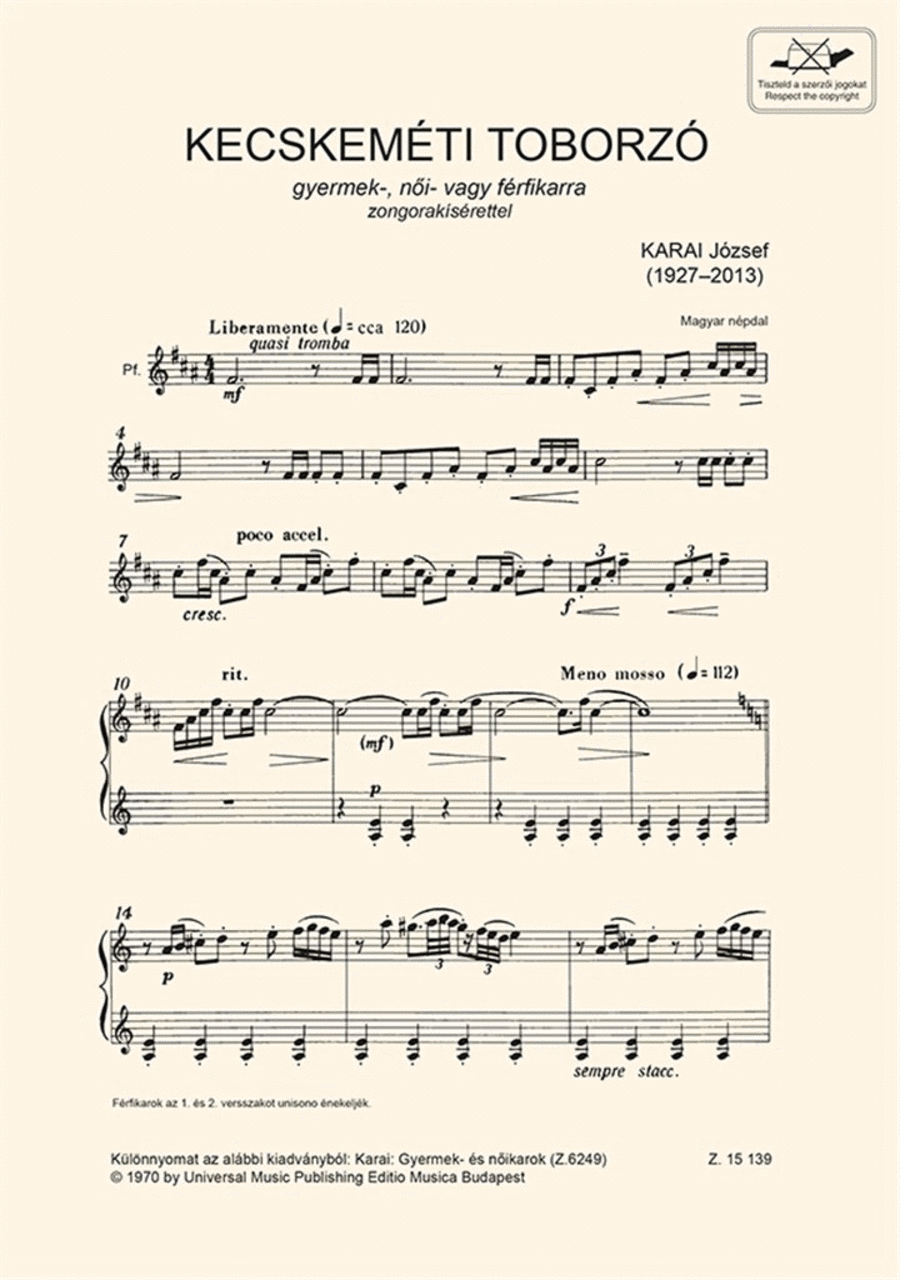Concert Band/Harmonie -
Grade 3
SKU:
BT.DHP-1155639-010
Overture for
Winds. Composed by
Jacob De Haan. Concert
and Contest Collection
CBHA. Opening Pieces. Set
(Score & Parts). Composed
2015. De Haske
Publications #DHP
1155639-010. Published by
De Haske Publications
(BT.DHP-1155639-010).
English-German-French-
Dutch.
The city of
Caldas da Rainha
lies on the west coast of
Portugal. The name refers
to the thermal baths
(caldas) as well
as to the word for queen
(rainha). This
festive work depicts
several beautiful venues
of ‘Rainha’,
and can beseen as a
tribute to the queen
Eleanor, who founded the
settlement at the end of
the 15th
Century.
De stad
Caldas da Rainha
ligt aan de westkust van
Portugal. De plaatsnaam
verwijst zowel naar de
thermale baden
(caldas) als naar
het woord voor koningin
(rainha). Dit
feestelijke werk bevat
prachtige thema’s
die de schoonheidvan de
stad beschrijven, en kan
worden beschouwd als een
eerbetoon aan koningin
Eleonora, die de plaats
aan het eind van de
vijftiende eeuw heeft
gesticht.
Die
Stadt Caldas da Rainha
liegt an der Westküste
Portugals. Der Name
bezieht sich auf das
Thermalbad
(caldas“) und auf
das portugiesische Wort
für Königin
(rainha“). Dieses
festliche Werk beschreibt
verschiedene
Sehenswürdigkeiten der
Stadt Rainhaund kann als
ein Tribut an Königin
Eleonore gesehen werden,
die Ende des 15.
Jahrhunderts die Siedlung
gegründet
hat.
La ville de
Caldas da Rainha est
située la côte
Ouest du Portugal. Le nom
fait référence aux
bains thermaux («
caldas ») ainsi
qu’au mot
portugais pour reine
(rainha). Cette
Å“uvre festive
dépeint plusieurs
endroits magnifiques
fréquentés parla
Reine Eléonore, afin
de rendre hommage cette
« Rainha » qui
fonda la colonie la fin
du XVe
siècle.
La citt
di Caldas da Rainha si
trova sulla costa
occidentale del
Portogallo. Il nome si
riferisce ai bagni
termali (caldas) e alla
parola
“reginaâ€
(rainha). Questo lavoro
festoso raffigura diversi
luoghi meravigliosi di
‘Rainha’, e
può essere visto anche
come un tributo alla
regina Eleanor, che
costituì
l’insediamento
alla fine del 15esimo
secolo.



